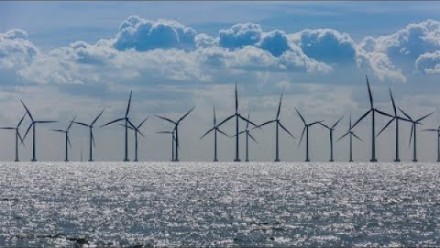Low carbon and resilient cities
Cities are at the front line of climate mitigation and adaptation. They are responsible for over 70% of global CO2 emission from final energy use, and they are highly vulnerable to a range of environmental hazards (IPCC). Cities’ transformation towards low-carbon and climate-resilient future is a long-term and multi-dimensional process, requiring fundamental and systematic changes in physical/environmental, social, economic, technical, infrastructure and institutional aspects of urban systems. This cluster builds on a long term, international influential research on cities and climate change largely based in Fenner School, and aims to bring together an expanding research community across ANU to explore transition pathways towards low/zero carbon, climate resilient, and healthier/sustainable urban futures. The nature of low carbon & resilient cities study calls for interdisciplinary collaboration across scholars from diverse research backgrounds. A network platform to facilitate communication and collaboration across campus and universities is critical to building up ICEDS reputation in this pressing and influential research field globally and may potentially draw practitioners’ attention and involvement.
Leader
Researchers
- Associate Professor Cristopher Brack
- Dr Adam Broinowski
- Dr Gary Buttriss
- Stephen Bygrave
- Dr Helen Adair Cleugh
- Dr Tom Cliff
- Professor Katherine Daniell
- Dr Thang Do
- Mr David Dumaresq
- Dr Katrina Grant
- Dr Naomi Hay
- Dr Shan (Dora) He
- Dr Prabhasri Herath
- Dr Steven Lade
- Dr Sophie Lewis
- Dr Andrew MacKenzie
- Dr Tim McLellan
- Dr Kathleen Miles
- Dr Sombol Mokhles
- Anna Nadolny
- Dr Yuan Peng
- Dr Minh Phuong Nguyen
- Associate Professor Roslyn Prinsley
- Dr Simon Quilty
- Dr Elizabeth Ratnam
- Associate Professor Esmé Shirlow
- Dr Xiaolin (Shannon) Wang
- Assoc Prof Bob Webb
- Dr Lee White
- Mr Tom Worthington
- Professor Lexing Xie
Students
Professional staff
2022
Cities leading hydrogen energy development: the pledges and strategies of 39 Chinese cities, Yuan Peng, Xuemei Bai, npj Urban Sustainability
Why are charging stations associated with electric vehicle adoption? Untangling effects in three United States metropolitan areas, Lee V White, Andre L Carrel, Wei Shi, Nicole D Sintov, Energy Research & Social Science.









